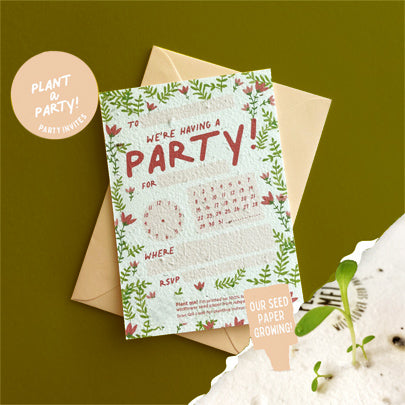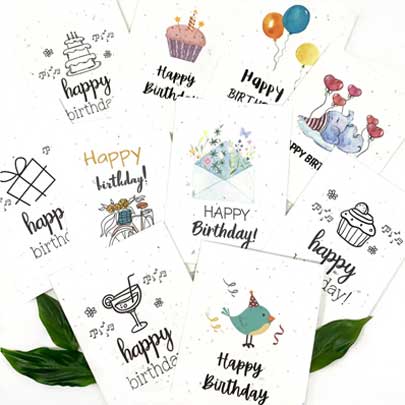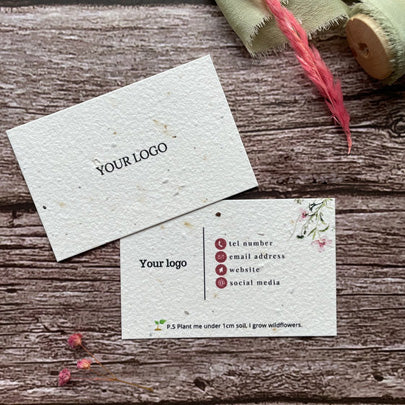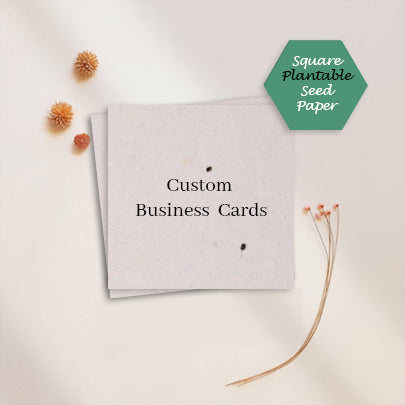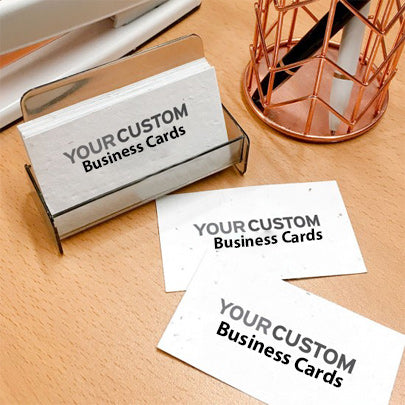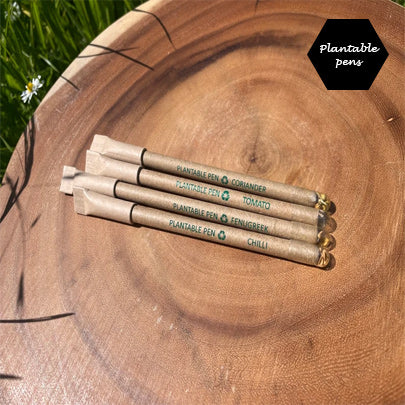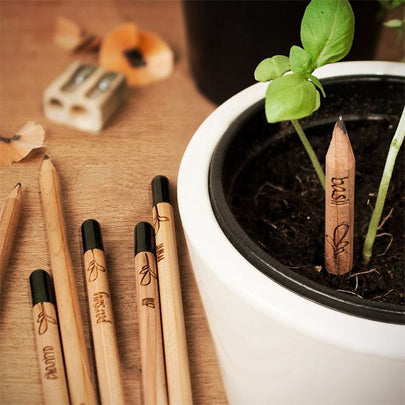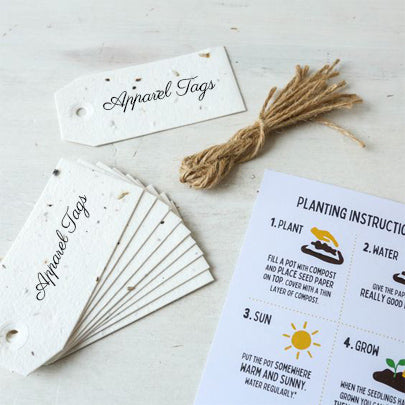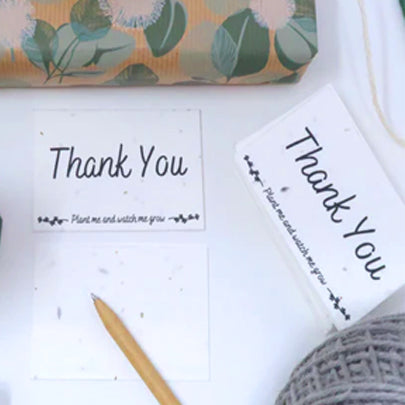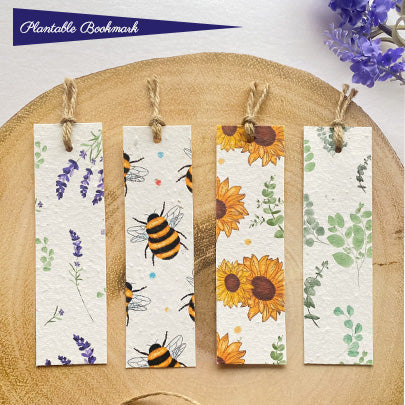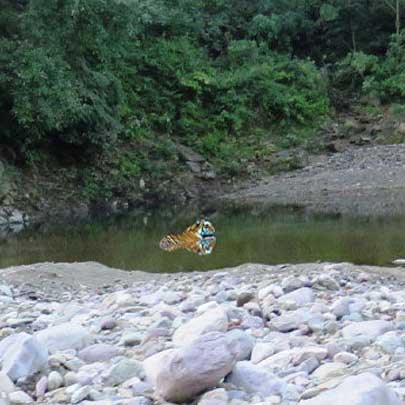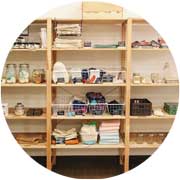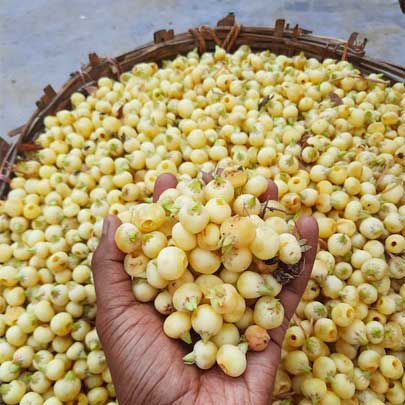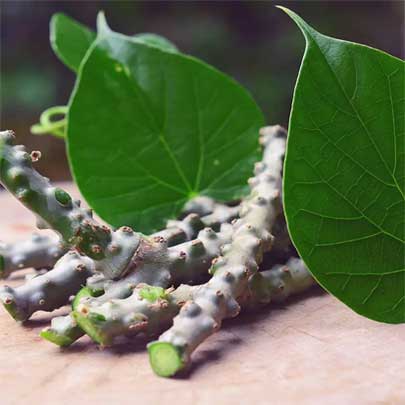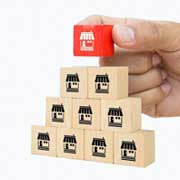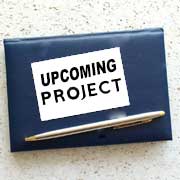Seed Paper Business Cards: A Growing Trend In Sustainable Business Practices
In today’s business environment, sustainability is no longer a niche concern but a fundamental aspect of corporate responsibility and branding. Seed paper business cards have emerged as a popular and innovative choice among the various eco-friendly initiatives. These unique cards convey contact information and embody a commitment to environmental stewardship. This article explores the growing trend of seed paper business cards and their impact on sustainable business practices.
1. What are Seed Paper Business Cards?
Seed paper business cards are crafted from biodegradable paper embedded with seeds. When planted in soil, the paper decomposes and the seeds germinate, eventually growing into plants. This concept transforms a traditionally disposable item into a product that gives back to the environment.

Composition and Manufacturing
- Recycled Materials: Seed paper is often made from recycled paper pulp, reducing the need for virgin paper and minimizing deforestation.
- Embedded Seeds: Common seeds used include wildflowers, herbs and vegetables. The type of seed can be customized based on preferences and local growing conditions.

- Non-Toxic Inks: Printing on seed paper typically uses water-based or soy-based inks to ensure that the paper remains safe for planting.
2. Benefits of Seed Paper Business Cards
Environmental Impact
- Waste Reduction: Unlike conventional business cards that end up in landfills, seed paper cards decompose and contribute to green spaces.
- Promoting Biodiversity: When planted, these cards can help support local ecosystems by introducing plants that attract pollinators like bees and butterflies.
Corporate Image
- Sustainable Branding: Using seed paper business cards showcases a company’s commitment to sustainability, appealing to environmentally conscious consumers and partners.

- Memorability: The unique nature of seed paper makes these business cards stand out, leaving a lasting impression on recipients.
Practical Benefits
- Engagement Tool: Seed paper cards can engage recipients by encouraging them to plant the card and watch it grow, fostering a personal connection with the brand.
- Customizable: Seed paper business cards can be tailored to fit various brand aesthetics, incorporating different colors, designs and seed types.

3. How to Use Seed Paper Business Cards Effectively
Design Considerations
- Simplicity: Given the textured nature of seed paper, a simple design with minimal text and imagery ensures readability and aesthetic appeal.

- Instructions: Including planting instructions on the back of the card helps recipients understand how to use the card effectively.

Distribution Strategies
- Networking Events: Seed paper business cards are ideal for networking events, trade shows and conferences, where they can spark conversations about sustainability.
- Client Meetings: Presenting these cards during client meetings reinforces a commitment to eco-friendly practices and can strengthen business relationships.
Follow-Up Engagement
- Planting Reminders: Sending follow-up emails or messages reminding recipients to plant their cards can enhance engagement and reinforce the company’s green initiatives.
- Social Media Campaigns: Encouraging recipients to share photos of their growing plants on social media can create a community around the brand’s sustainability efforts.
4. Case Studies: Success Stories of Seed Paper Business Cards
Eco-Friendly Startups
- GreenTech Innovations: A startup focused on sustainable technology used seed paper business cards to align its brand image with its eco-friendly mission, resulting in positive feedback from clients and investors.
- Organic Food Brands: An organic food company distributed seed paper cards embedded with herb seeds, which customers could grow and use in their cooking, creating a direct link between the product and the brand.
Corporate Initiatives
- Large Corporations: Some large corporations have adopted seed paper business cards as part of broader sustainability initiatives, integrating them into CSR (Corporate Social Responsibility) programs.
- Non-Profits and NGOs: Environmental non-profits use seed paper cards to reinforce their mission and tangibly engage supporters.
5. The Future of Seed Paper Business Cards
Technological Advancements
- Improved Germination: Advances in seed technology and paper production can enhance germination rates and the diversity of seeds used in seed paper.
- Durability: Research into more durable yet biodegradable materials can extend the lifespan of seed paper cards before planting.
Broader Adoption
- Increased Awareness: As awareness of environmental issues grows, more businesses are likely to adopt seed paper business cards, driving market demand and innovation.
- Industry Standards: The development of industry standards for seed paper quality and sustainability practices can help ensure that products meet environmental goals.
Integration with Digital Solutions
- Hybrid Approaches: Combining seed paper business cards with digital tools, like QR codes or augmented reality features, can enhance their functionality and appeal.
- Digital Planting Instructions: Providing digital planting guides and follow-up care tips via mobile apps can support successful plant growth and further engage recipients.
Conclusion
Seed paper business cards represent a growing trend in sustainable business practices, offering a creative and impactful way to reduce waste and promote environmental stewardship. By adopting these eco-friendly alternatives, companies can enhance their brand image, engage stakeholders, and contribute positively to the environment. As technology and awareness continue to evolve, seed paper business cards are poised to play an increasingly significant role in the future of sustainable business practices.











